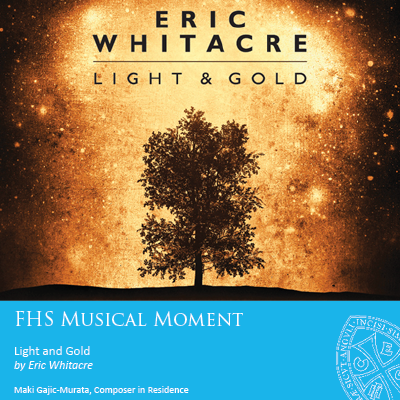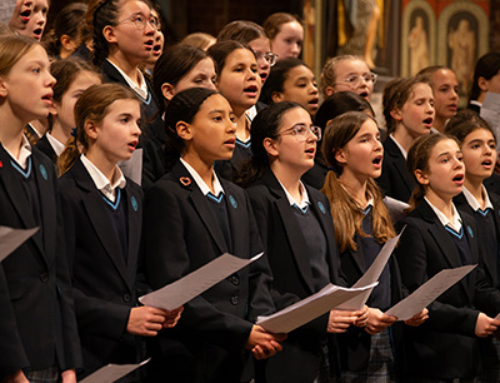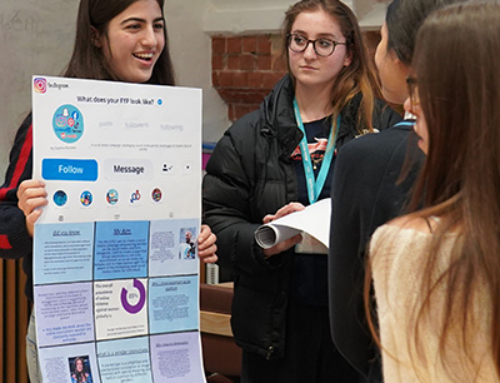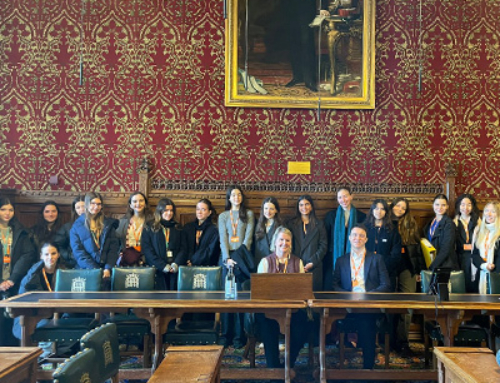Grammy Award-winning composer and conductor Eric Whitacre is among today’s most popular musicians. His works are programmed worldwide and his ground-breaking Virtual Choirs have united singers from more than 145 countries.
Whitacre, being a composer who has written often very accessible pieces for the general public, has worked a wide variety of artists, including Hans Zimmer, John Powell and Jeff Beal as well as British pop icons Laura Mvula, Imogen Heap and Annie Lennox. In 2018, his composition for symphony orchestra and chorus, Deep Field, became the foundation for a collaboration with NASA, the Space Telescope Science Institute, Music Productions and 59 Productions. His longform work for choir, cello and piano, The Sacred Veil, is a profound meditation on love, life and loss.
Widely considered to be the pioneer of Virtual Choirs, Eric created his first project as an experiment in social media and digital technology. Virtual Choir 1: Lux Aurumque was published in 2010 and featured 185 singers from 12 countries. A decade later, in 2020, Virtual Choir 6: Sing Gently – written during the global pandemic that shook the world – featured 17,562 singers from 129 countries. To date, the Virtual Choirs have registered over 60 million views and have been seen on global TV.
Light & Gold is Whitacre’s debut album as both composer and conductor. Within a week of its release, Light & Gold became the no.1 Classical Album in the US and UK charts and received unanimous five-star reviews and went on to win a Grammy in 2012 for Best Choral Performance. The selection of pieces bear many typical Whitacre-esque hallmarks: a sonorous haze of piled-up cluster chords, with deep basses and floating upper parts, punctuated by startlingly “scrunchy” chord clusters and often unresolved suspensions of rapturous beauty; occasional forays into extended vocal techniques (for example, in the astonishingly vivid Leonardo Dreams of His Flying Machine), as well as lighter, fleeting passages in the delightful Five Hebrew Love Songs, settings of words by Whitacre’s wife, Israeli Soprano, Hila Plitmann. Other highlights in the album include the gorgeous Seal Lullaby (with piano accompaniment from Christopher Glynn) and the chilling The Stolen Child.
From first clicking play, to the end of the album, the listener is washed over with a sea of glorious harmony and the beautiful sound world of Eric Whitacre. It is no surprise that he is one of the most well-known classical composers of the 21st century and it is inspiring to see Whitacre open the door to classical music to the public by writing pieces that are not ‘simplified’, yet still are so accessible.
Maki Gajic-Murata, Composer in Residence














